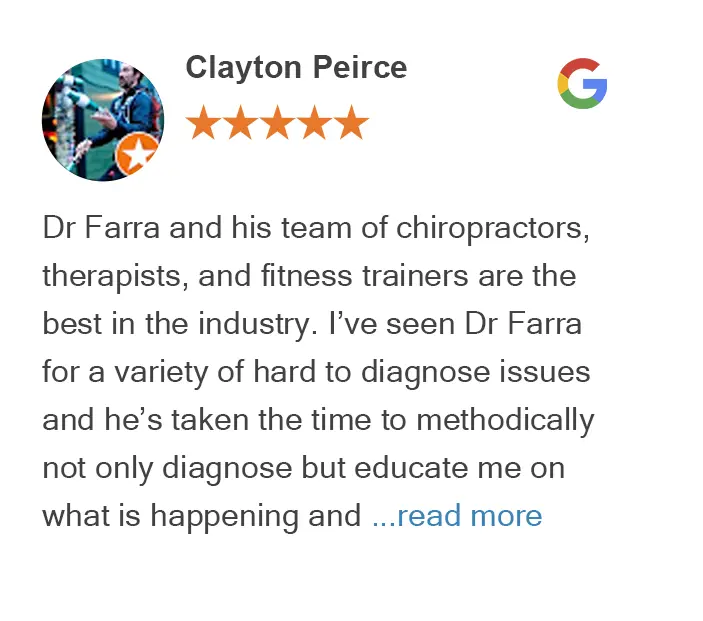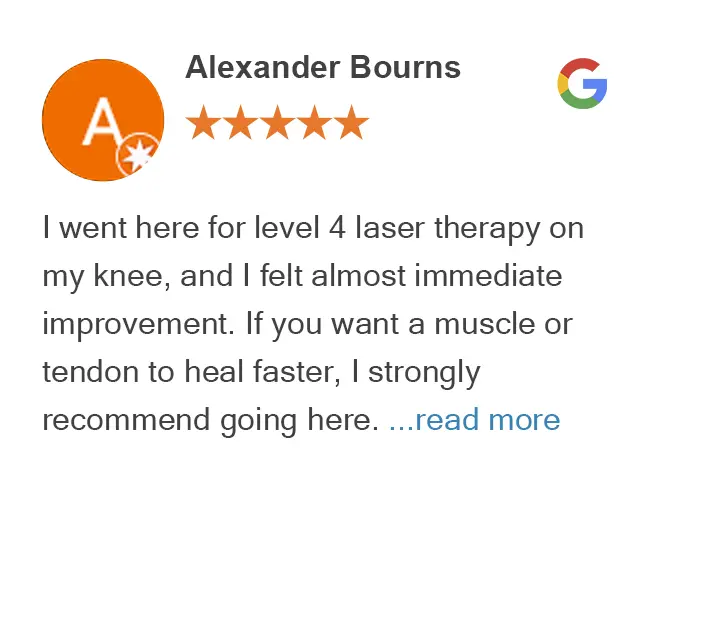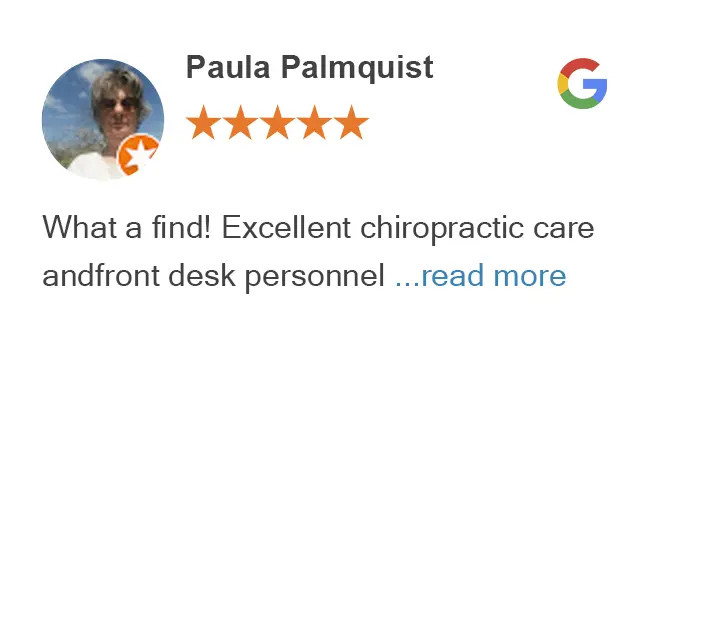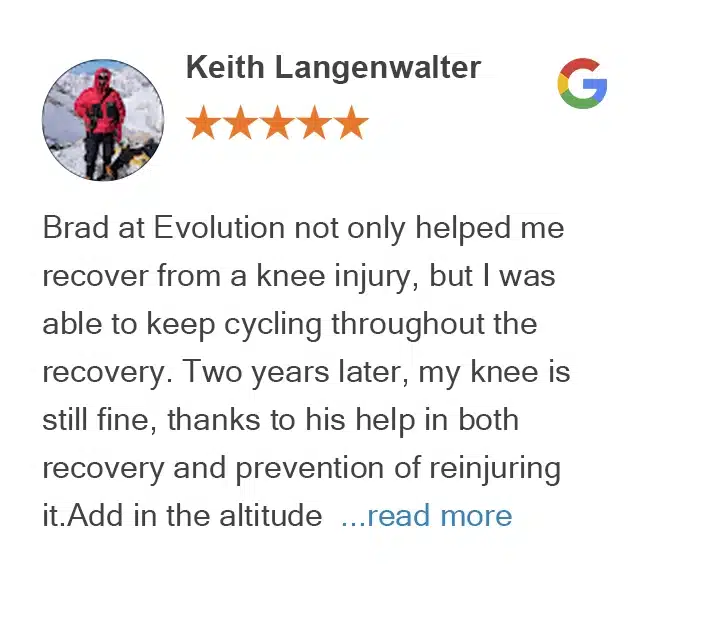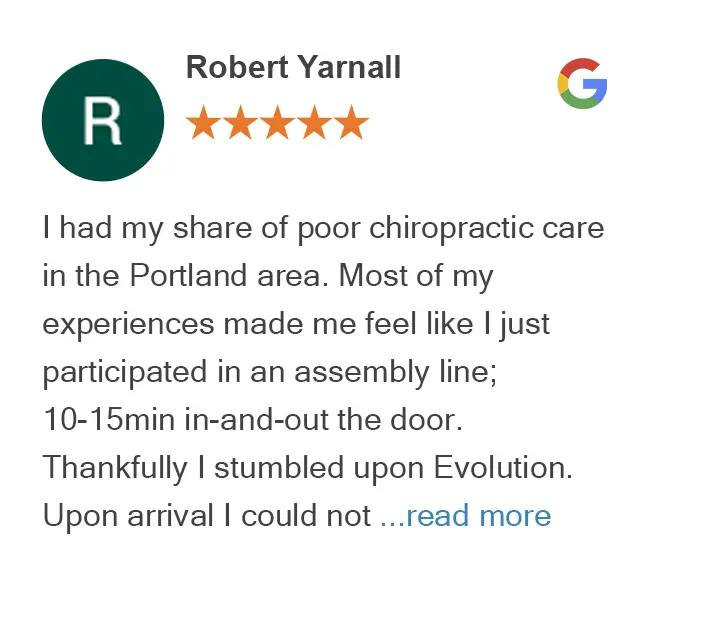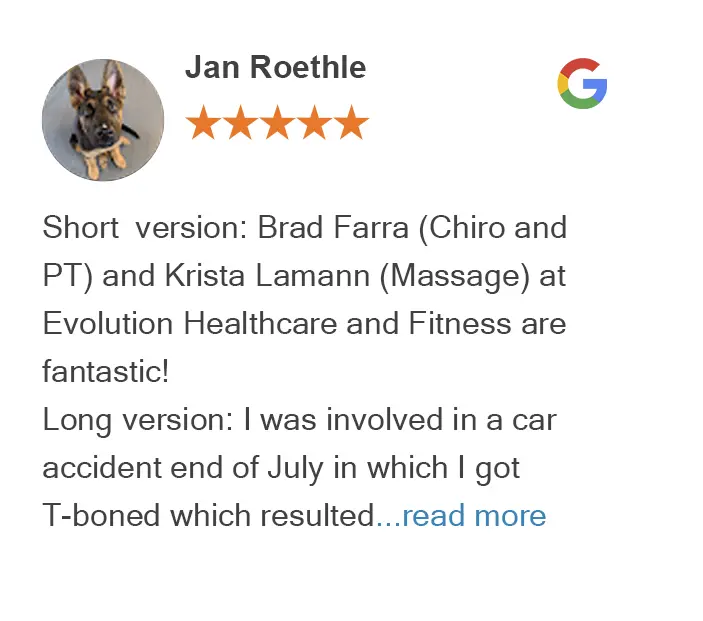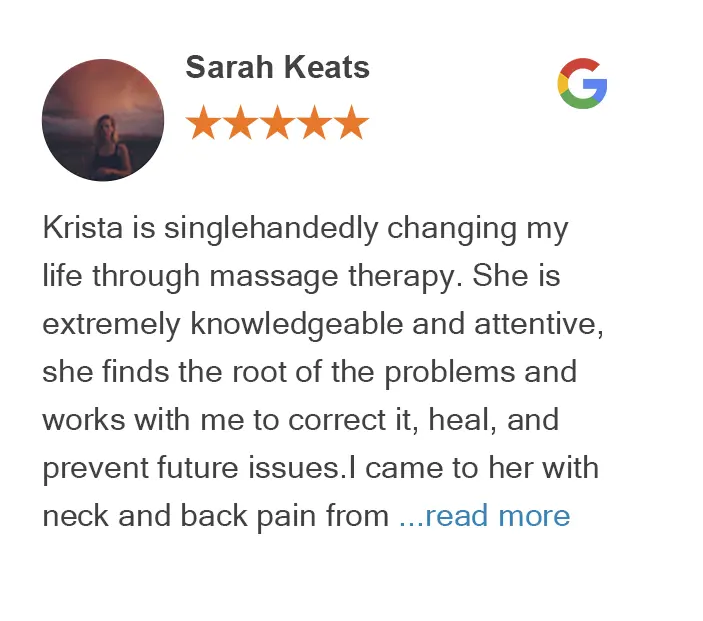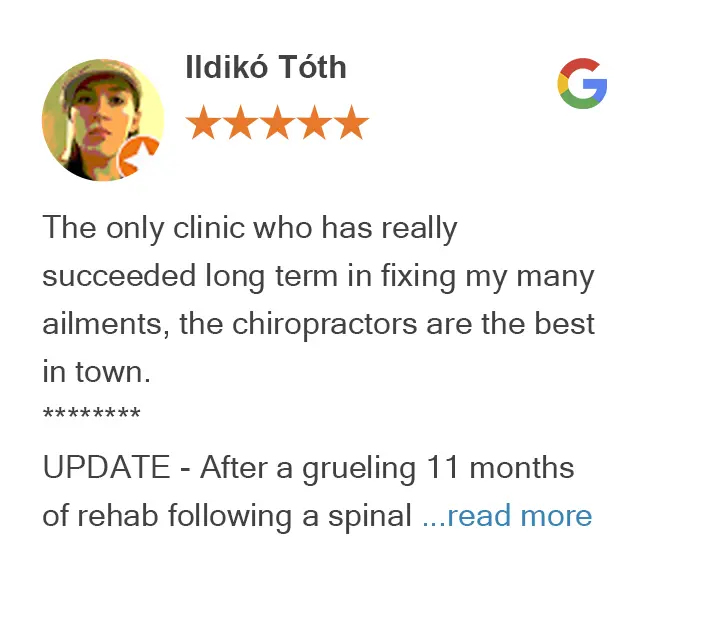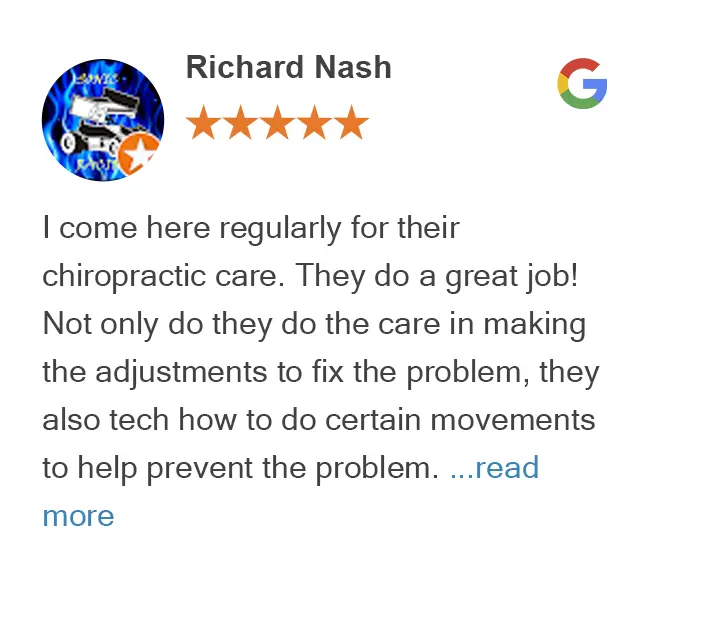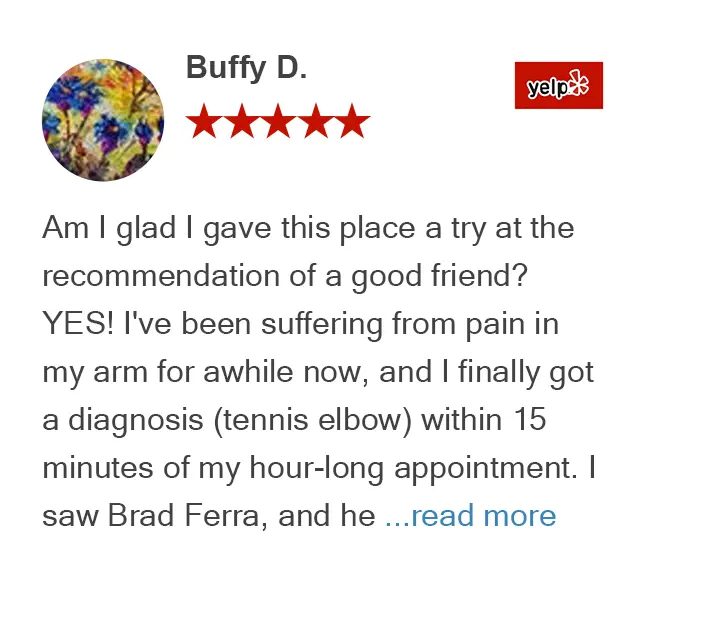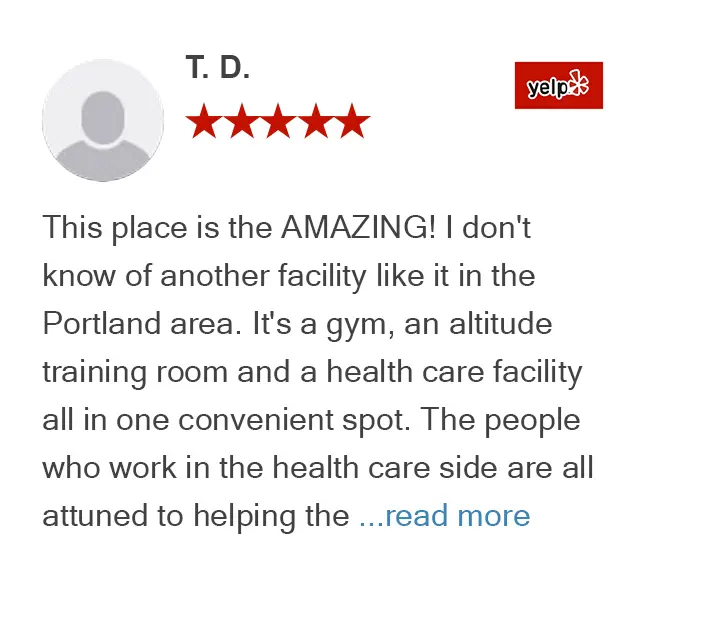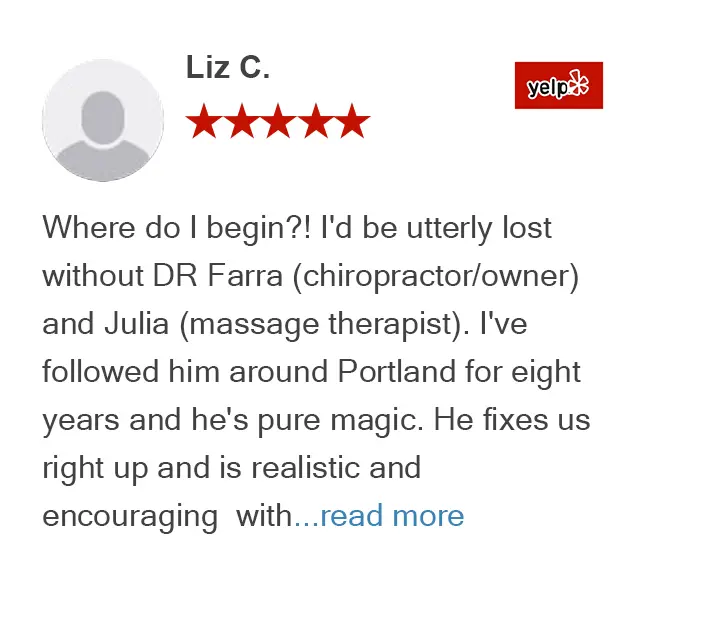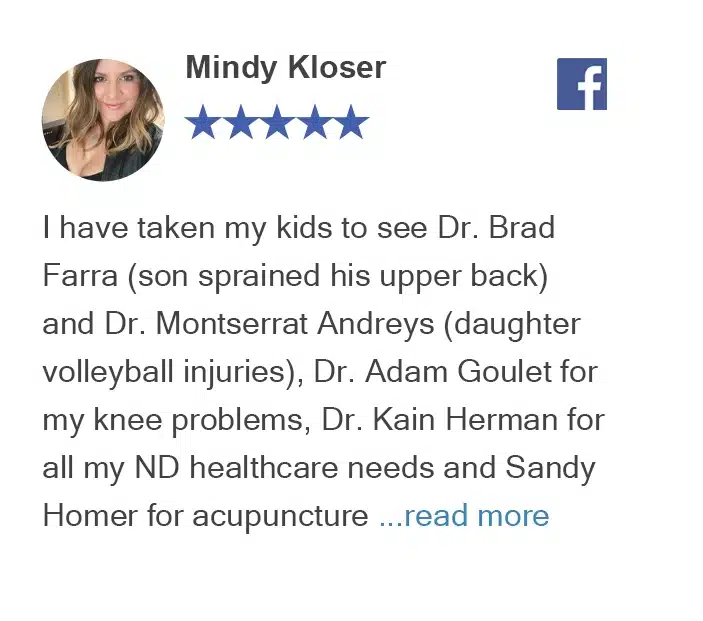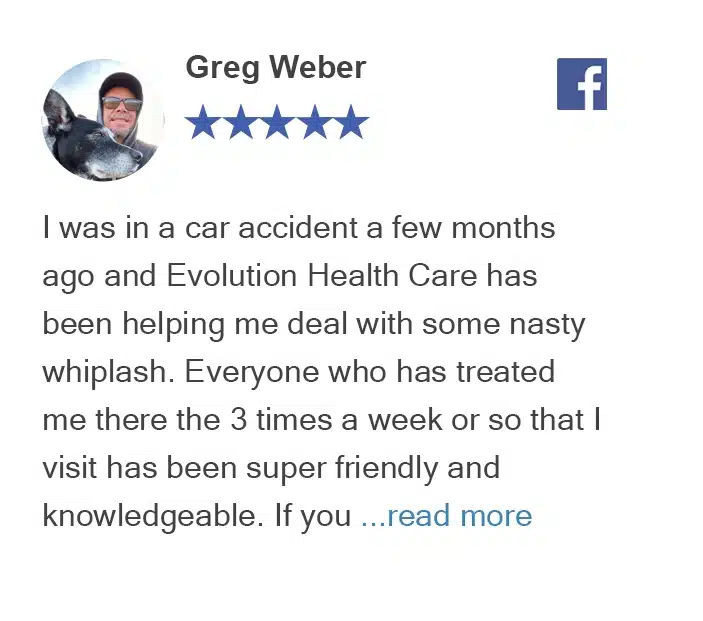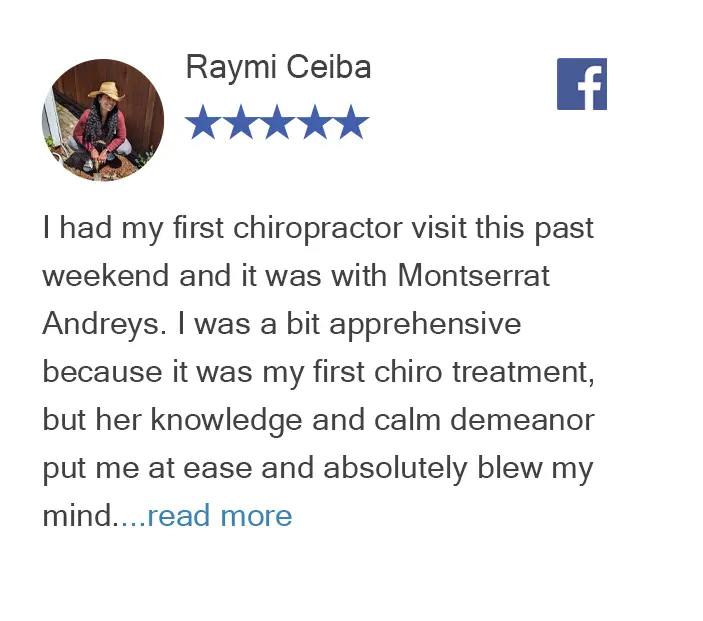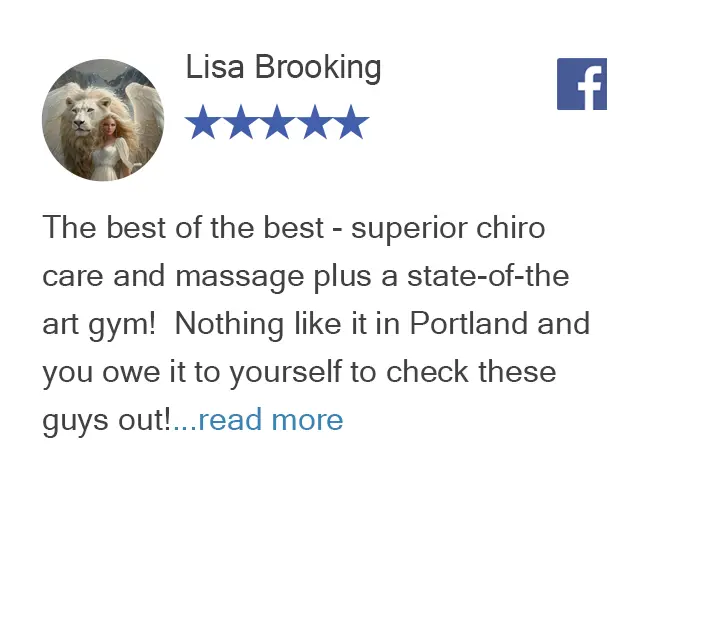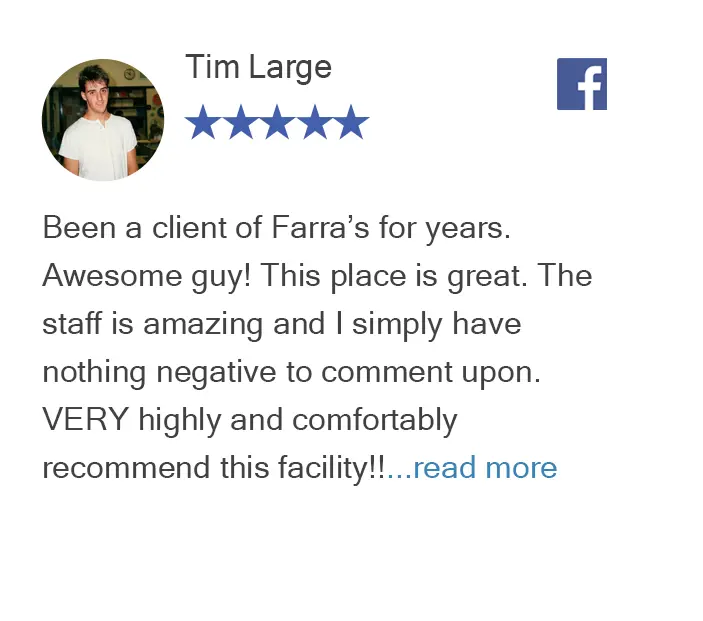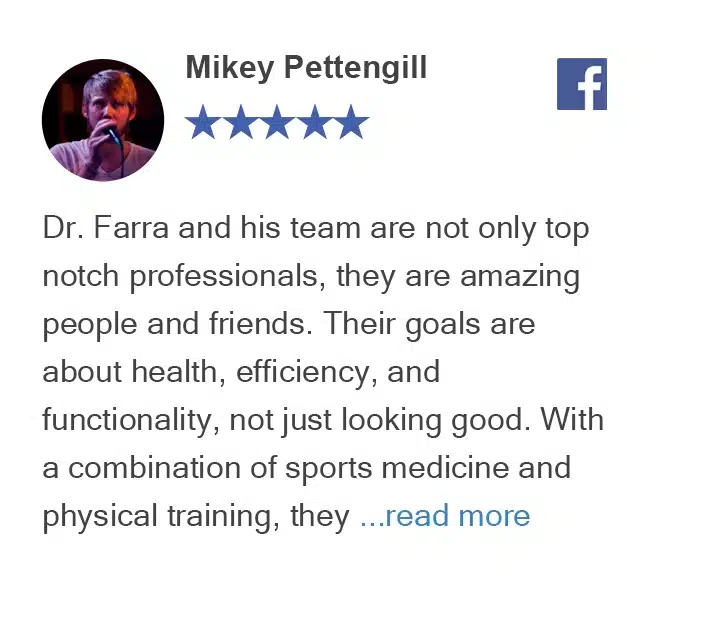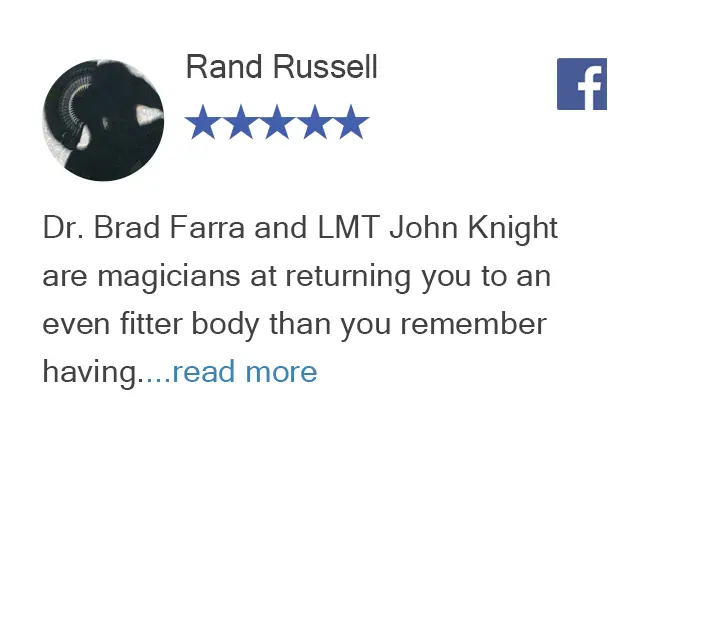Herniated Disc Treatment in Portland, OR

Herniated Disc Specialist
A herniated disc occurs when the inner portion of a spinal disc pushes through a tear or rupture in the outer layer, pressing on nearby nerves. This condition is an early stage of disc degeneration and can cause significant discomfort. When a disc herniates, its inner material may leak, leading to back pain and nerve symptoms that radiate down the leg.
If you’re experiencing a slipped disc, our Portland chiropractor, Dr. Brad Farra, D.C., specializes in spinal treatments. He will guide you through everything you need to know about this condition and help you find effective treatment options for relief and recovery. Call the office or use the online booking agent to schedule an appointment and receive treatment today.





Symptoms of Herniated Disc
Slipped disc or herniated disc can occur in any part of your spine, from your neck to your lower back. It most commonly occurs in the lumbar area. A slipped disc can exert too much pressure on the spinal nerves and muscles around the disc.
Symptoms of a slipped disc can be:
- Muscle weakness
- Muscle spasms
- Overactive reflexes
- Sensory, leg numbness
- Pins, and needles-like sharp, uncomfortable tingling sensation
- Foot numbness
- Stiff neck
Symptoms can differ from person to person. Consult a specialist in Portland for a slipped disc if you experience numbness or tingling sensation affecting your ability to control your muscles.
Types of herniated disc
There are four stages in the herniation of disc:
- Disc protrusion
- Prolapsed disc, also referred to as incomplete herniation
- Disc extrusion
- Sequestered disc termed as complete herniations
Pain due to herniation may be accompanied by radiculopathy, which means a neurological deficit.
Causes of herniated disc
A slipped disc generally happens when the outer ring of the disc becomes weak or gets torn due to trauma, allowing the inner portion to slip out. This can happen with age. Certain motions like twisting or turning to lift an object may also cause a slipped disc. Lifting heavy objects can exert pressure on the lower back, leading to a slipped disc. A physically demanding job requiring a lot of lifting, leave you at a higher risk for slipped discs.
A slipped disc occurs due to disc degeneration.
In many cases lifting heavy objects can also lead to a herniated disc.
Long-term problems due to ignoring Slipped Disc
A severe slipped disc may cause permanent nerve damage if left untreated. Nerve impulses to the cauda equina nerves may be cut off in your lower back and legs in sporadic cases, leading to the loss of bowel or bladder control.
Saddle anesthesia may be another long-term complication, where the slipped disc compresses nerves leading to the loss of sensation in the inner thighs, the back of your legs, and around the rectum.
If you feel you are unable to perform the activities you once could, You must seek immediate medical attention.
Herniated Disc Treatment
- Supportive care
Heating pads and Ice packs can help to relieve the Herniated Disc symptoms temporarily. There should be regular monitoring for changes or improvements in condition.
- Medications
Non-steroidal anti-inflammatory drugs and Muscle relaxants are the drug of choice to relieve symptoms. However, in most cases, the pain is excruciating and may require steroid and nerve pain medications to subside.
- Self-care
Ice packs and Physical exercises comprising of stretching, correcting your posture are an integral part of sciatic treatment.
- Therapies
- Chiropractic treatment techniques: these are gaining popularity lately due to their benefits in relieving Herniated Disc symptoms. This involves chiropractic stretching, massages, and Acupuncture, which improve the mobility of the spine.
- Medical procedure: Include Epidural steroid injections, pain medications, and Physiotherapy by an orthopedist. Therapeutic ultrasound and Epidural steroid injection.
- Surgery – Surgical intervention may be needed where Spinal surgery is performed to correct the disc herniation.
How Evolution Healthcare Chiropractic Portland Can Help In Treating Herniated Disc
Evolution Healthcare Chiropractic Portland is the top chiropractic clinic in Portland for treating pain due to herniated disc. Dr. Brad Farra, D.C., Dr. Phil McCary, and Dr. Danielle McCary are highly rated chiropractor in Portland and specializes in treating pain due to herniated disc. They have been practicing for over 10 years in Portland.
Evolution Healthcare Chiropractic Portland serves the following cities:
- Oregon City
- Lake Oswego
- West Linn
- Beaverton
- Clackamas
- Tigard
- Tualatin
- Milwaukie
Call us today if you are experiencing pain due to herniated disc in Portland.
Awards & recognitions | Evolution Healthcare Chiropractic Portland
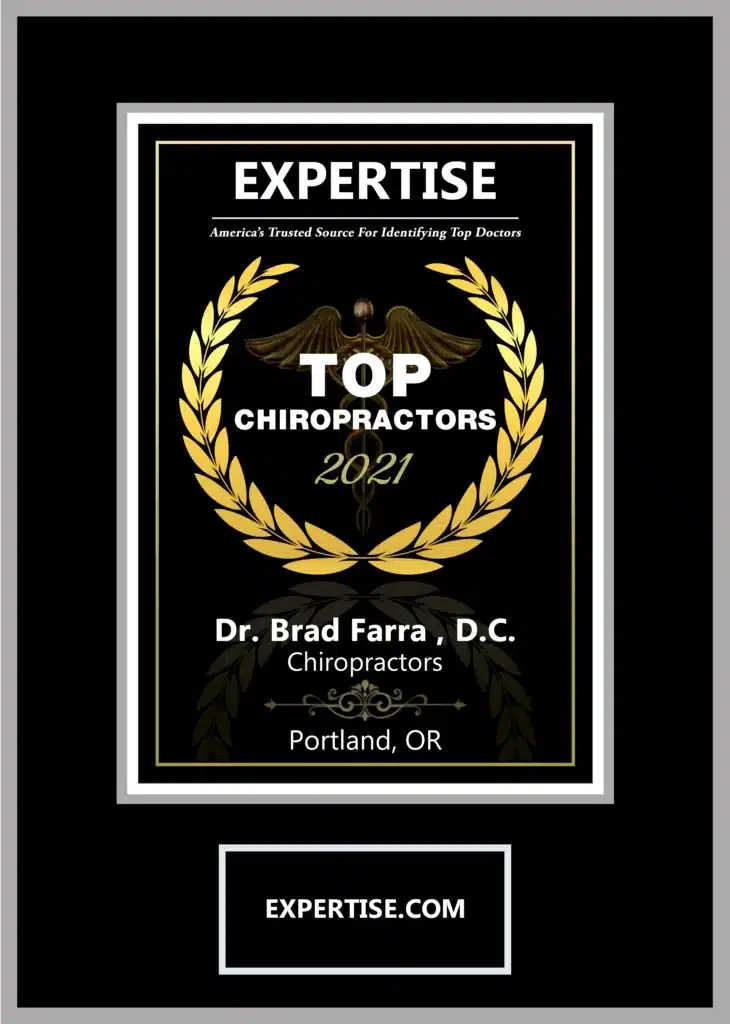
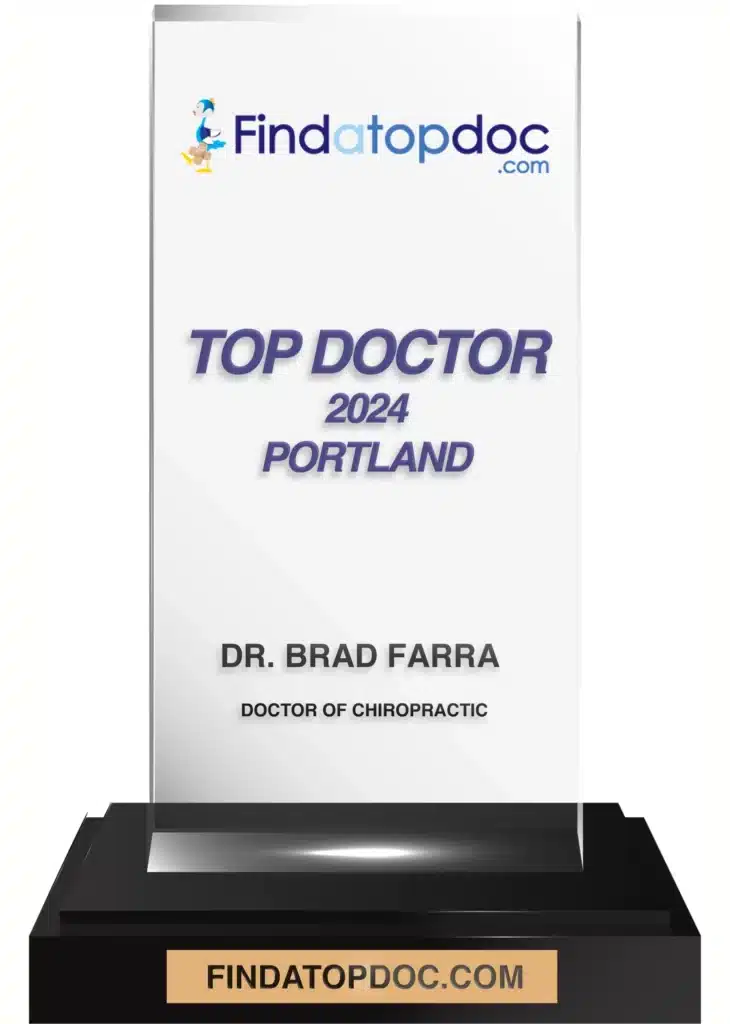


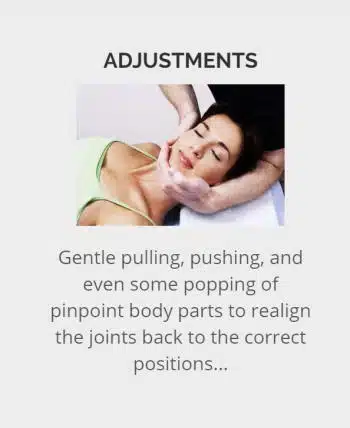
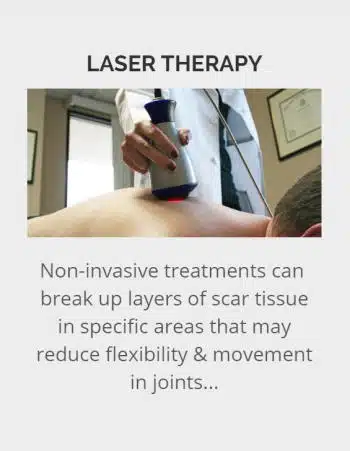
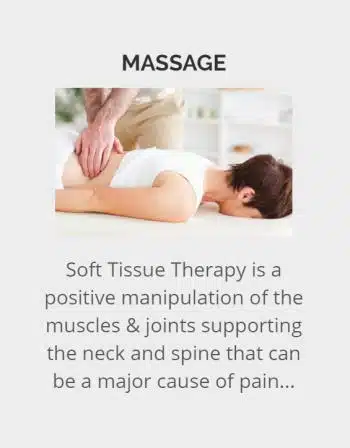



Book an appointment
Request an appointment online by calling us on (971) 202-1404
You can also use the online booking tool below
How do we treat herniated disc?
- (971) 202-1404
Let Us Help to treat your herniated disc/slipped disc
Do not ignore your Herniated Disc/Slipped Disc, it can become worse overtime. It’s important to consult with the doctor and understand the root cause of Herniated Disc/Slipped Disc.
Frequently asked questions
Are Portland Chiropractors safe for herniated discs?
Portland Chiropractors are licensed and highly trained professionals with years of experience treating back and spine problems. They thoroughly examine and evaluate the spine and related issues to formulate a treatment plan, including spinal manipulation, manual therapy, and therapeutic exercises, individualized to your needs.
What is the fastest way to heal a herniated disc?
Ice packs and heat therapy and pain medications can help with the pain and heal herniated discs in 4 to 6 weeks. Moderate physical activity is advisable, along with the practice of good postures for a faster recovery. There is a misconception that chiropractic care involves a few quick-fix treatments. Instead, chiropractors help herniated discs to heal by using gentle low-force techniques to treat them.
Can you still walk with a herniated disc?
Yes, you can! It is important to continue performing moderate activities, to remain active, and avoid muscle stiffness. Brisk walking or strolling can be good without straining your spinal discs too much. However, you must avoid all kinds of rigorous exercises and especially those activities that cause pain. You must also prevent routine activities like sitting too much, bending and picking up heavy things(like laundry), shoveling or gardening, etc.
What activities should you avoid with a herniated disc?
Although you must continue moderate day-to-day physical activities, you must avoid strenuous exercises. You must prevent routine activities like sitting too much, bending and picking up heavy things(like laundry), shoveling or gardening, etc. Strenuous exercises are to be avoided to reduce stress on your spinal disc. This will help your discs heal faster.
How long does it take for a disc herniation to heal?
It takes herniated discs typically 4 to 6 weeks to heal without surgery. The pain can be relieved by the help of heat or ice packs, over-the-counter medications, physical therapy, and chiropractic treatment. If the symptoms don’t heal by six months, you must consult a spine surgeon for surgical interventions.
Can I make a herniated disc worse?
Yes, herniated discs or slipped discs can be worsened by strenuous exercises and physical labor. You must avoid routine activities like sitting too much, bending and picking up heavy things (like laundry), shoveling or gardening, etc. Exercises that involve repeated loading of your lower back bending or activities that worsen the pain like running or jumping rope, squats, leg presses, toe-touches, and sit-ups must be avoided.
Can I go to the gym with a herniated disc?
There are no restrictions on going to a gym with herniated discs, but you must avoid high-intensity workouts and exercises there. Exercises involving repeated loading of your lower back, bending, or activities that worsen the pain must be avoided like running or jumping rope, squats, leg presses, toe-touches, sit-ups, etc. Instead, you can safely try aerobic exercises, brisk walking on a treadmill, stationary bike, etc. Low-impact exercises like merely walking in the pool can be beneficial in slipped disc recovery.
How long does it take a herniated disc to heal without surgery?
It takes herniated discs typically 4 to 6 weeks to heal without surgery. The pain can be relieved with the help of heat or ice packs, over-the-counter medications, physical therapy, and chiropractic treatment. Low-impact exercises like merely walking in the pool can be beneficial in slipped disc recovery. If the symptoms don’t heal by six months, you must consult a spine surgeon for surgical interventions.
Does medical insurance cover herniated disc?
Medical insurance often covers diagnostic costs and medical procedures to treat a herniated disc. However, talk to your doctor or health insurance provider about this.






